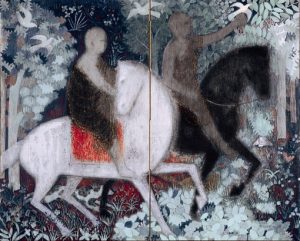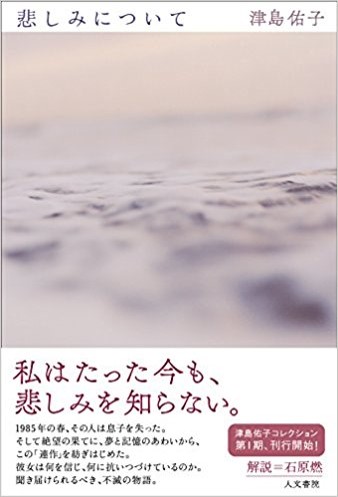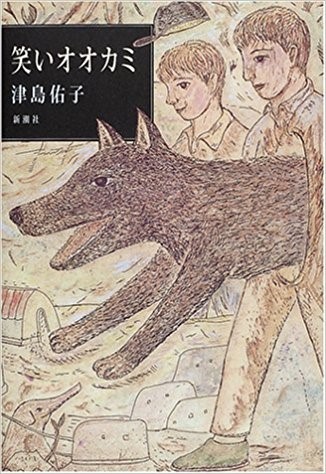 Hirayama Ikuo, “Ancestral Buddhism,” 1959. Saku Municipal Museum Modern Art Collection.
Hirayama Ikuo, “Ancestral Buddhism,” 1959. Saku Municipal Museum Modern Art Collection.
Paride Stortini (PhD Student, Divinity)
“Imagining a Cosmopolitan “Furusato”: India and Buddhism in the Silk Road Imaginaire of Hirayama Ikuo”
Monday, March 5th, 12:00pm-1:15pm in Swift Hall’s Marty Center Library
Discussant: Sandy Lin (PhD Student in Art History)
Co-sponsored with the Religion and the Human Sciences Workshop
Please join us Monday (3/5) from 12:00pm-1:15pm as we host Paride Stortini (PhD Student in Divinity). He will present a draft of his qualifying exams paper in progress, which he summarizes as follows:
This paper is on a topic that is not directly linked to my dissertation research and will not be included in my dissertation, which will be focused on India in Meiji Japan. Nevertheless, many of the theoretical references, as well as the general issue of Buddhism and pan-Asianism, will certainly end up in my dissertation. In addition, I plan to present the last section of the paper at a conference in Delhi at the end of March on “India in the Silk Road,” and plan to keep this material for future research projects and single article publication. In this paper I am working on a chronological period (post-WWII Japan) with which I am less familiar than the Meiji period, and I use a lot of art, with which I am definitely not familiar, that is why any suggestion from colleagues with more expertise will be greatly appreciated.






